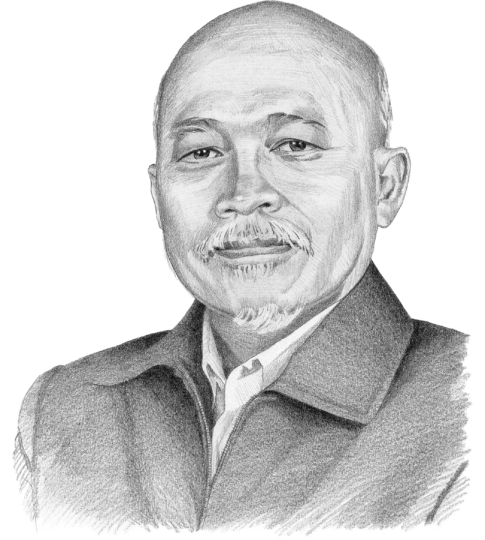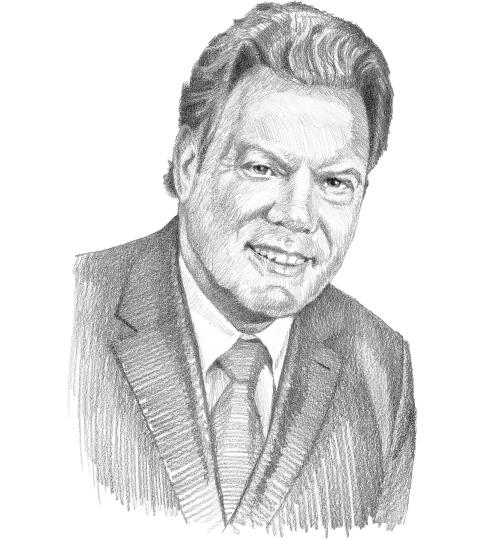Will Indonesia’s Jokowi last another full term?
As President Joko Widodo goes through his final term, several possible contenders are entering the political scene. Although Jokowi remains popular in Indonesia, some have begun to question whether he will be able to retain his presidency until 2024.
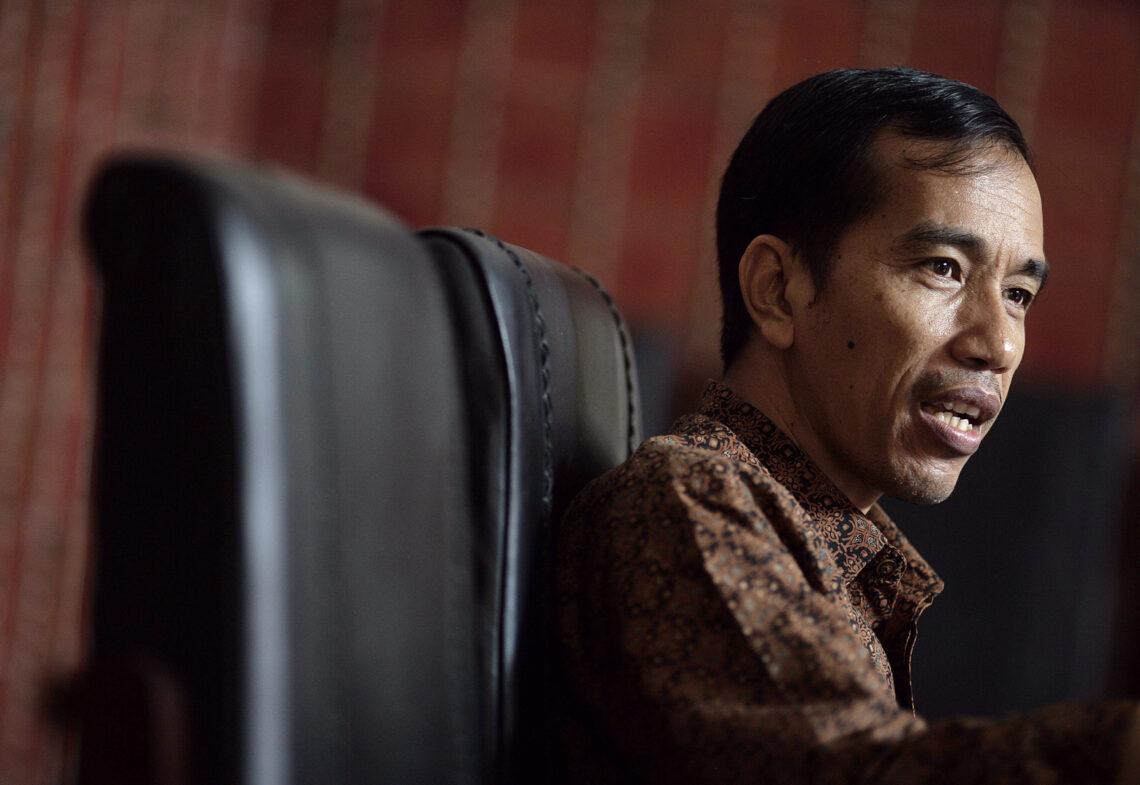
In a nutshell
- Indonesia’s president Jokowi is consolidating his power
- As the end of his term nears, challengers are emerging
- Some believe Jokowi could be deposed before 2024
A year after being reelected in the 2019 presidential election, Joko Widodo, widely known as Jokowi, finds himself at a crossroads. He has displayed surprising political flair for a political outsider; before entering politics he was in the furniture business.
The parliament that had threatened Mr. Joko’s government during his first term had been tamed by the time of his reelection. It is now difficult to consider the legislature an effective counterweight to the powerful executive, given that a significant majority of parties have swung behind the president. This is a contrast to the four presidents who were in power since the fall of the strongman Suharto in 1998, in the wake of the Reformasi revolt.
Facts & figures
Era Reformasi
In Indonesia, the Era Reformasi (Reform Era) refers to the period that followed the authoritarian rule of President Suharto, from 1967 to 1998. The post-Suharto years have been characterized by liberalization, as well as the growing role of Islam in Indonesian politics.
Jokowi’s emergence from obscurity to the peak of national power is reminiscent of Suharto’s, who was virtually unknown until he took the political scene by storm in 1965. Suharto, a former general, deposed Indonesia’s founding president Sukarno and went on to dominate Indonesian politics for 32 years and to lead the so-called New Order, which had a profound impact on the economic transformation of Southeast Asia.
Challengers emerge
While the parliament has fallen in line, Jokowi is now faced with a threat from outside the political party system. By the start of his second term in 2019, he had to reckon with a host of challengers, mainly from politically active nonparty actors from the influential Islamic community. For a president who, on face value, had done well in his first tenure, he has attracted surprisingly many critics early in his second term.
Is it timely or premature to talk about presidential contenders?
Some are saying a wrong move could see him deposed halfway through his new term. But why are such critical voices coming out of the woodwork now? More significantly, with Jokowi stepping down in 2024 because of a two-term limit on the presidency, why are potential aspirants for his job already being floated? Is it timely or premature to talk about presidential contenders?
On September 14, 2020, the Singapore newspaper The Straits Times reported that “presidential hopefuls were jockeying ahead of the 2024 race.” At this stage, one of the strongest contenders is former army Lieutenant General Prabowo Subianto. Previously a foe of Jokowi, he has unexpectedly and controversially crossed over to join forces with the president, becoming defense minister. The 69-year-old former son-in-law of the late President Suharto has long harbored presidential ambitions, despite having been defeated twice by the reigning leader, in 2014 and 2019. But, while Prabowo has proven leadership credentials, his unexpected crossover to Jokowi’s side has affected his image, with some casting it as a “betrayal” of the opposition. His switch may have also undercut his previously strong links with the Islamic community, which could cost him votes come the next presidential election.
A second top contender is the Islamic community’s favored politician, Anies Baswedan, governor of Jakarta. He has carefully cultivated ties with the 212 Defending Islam Movement. At a rally in 2020, the group called for Jokowi’s resignation over a job creation law that was perceived as detrimental to workers’ interests.
The media lists several other potential candidates who might enter the race, including a senior economy minister, a home minister, and a finance minister who was a former senior official of the World Bank and IMF. Puan Maharani, the 47-year-old parliamentary speaker, daughter of a former president and granddaughter of founding President Sukarno, could also run and would not be outdone easily.
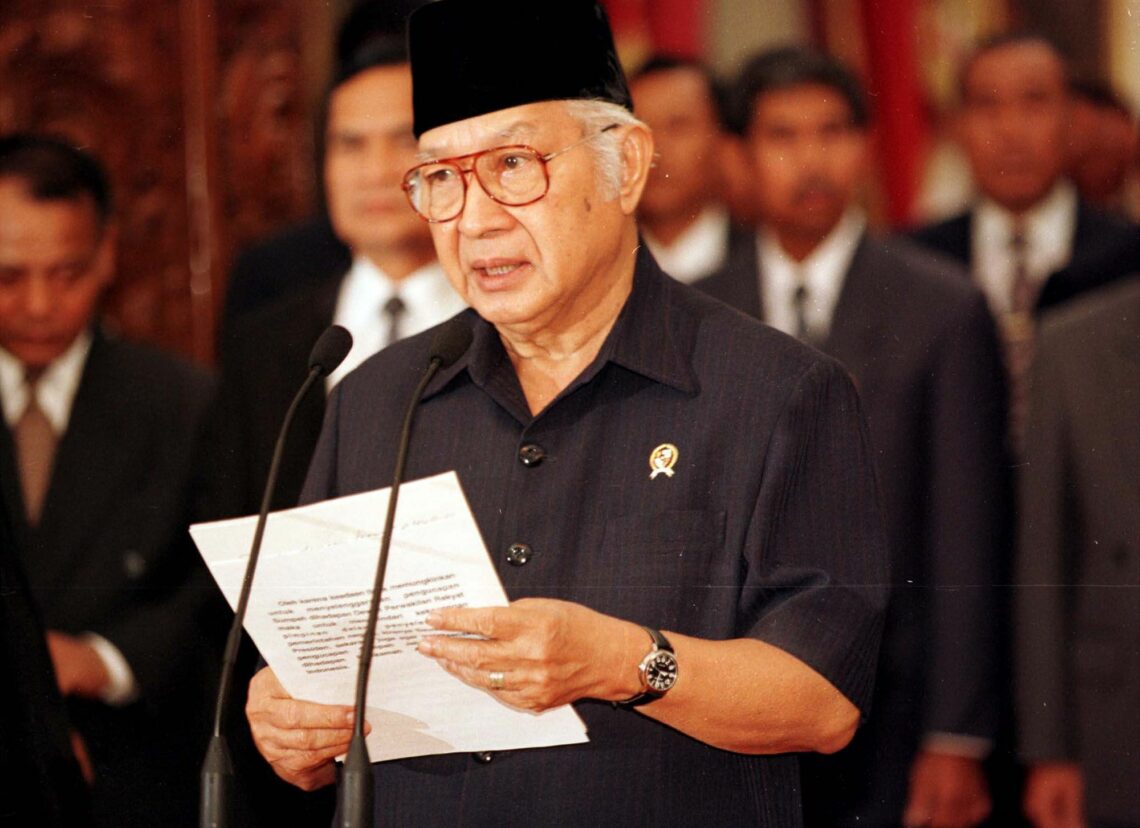
New term, new issues
When Jokowi first acceded to the presidency in 2014, he faced allegations of Chinese ancestry or family links to the former communist faction. By his second term, these voices had tapered off but not completely disappeared. Also, with less pressure to prove himself, he became tougher with his critics from the Islamist camp. This development worries the Muslim community, who sees it as a backslide to the divisive ideological clashes of the Suharto era.
Against this backdrop, the 212 Defending Islam Movement has produced two new offshoots. The first is the Indonesian Islamic Community Council, MPUI-I. This is a network of Islamic organizations, religious scholars, leading personalities and activists endeavoring to unify the Muslim community.
If Jokowi pays heed to KAMI’s demands, he can last his full term up to 2024.
The other new nonparty group that has emerged in response to dissatisfaction with Jokowi is KAMI, the Coalition to Save Indonesia. While the 212 Defending Islam Movement is specifically for the Muslim community, KAMI styles itself as a broad-based “moral movement” that brings together various groups, faiths and professions.
The key organizations are two of the largest Islamic blocs, with millions of followers between them in a country of 270 million people. While the Indonesian military as an institution is not involved in KAMI, the group has ties to mostly retired but still influential military personalities.
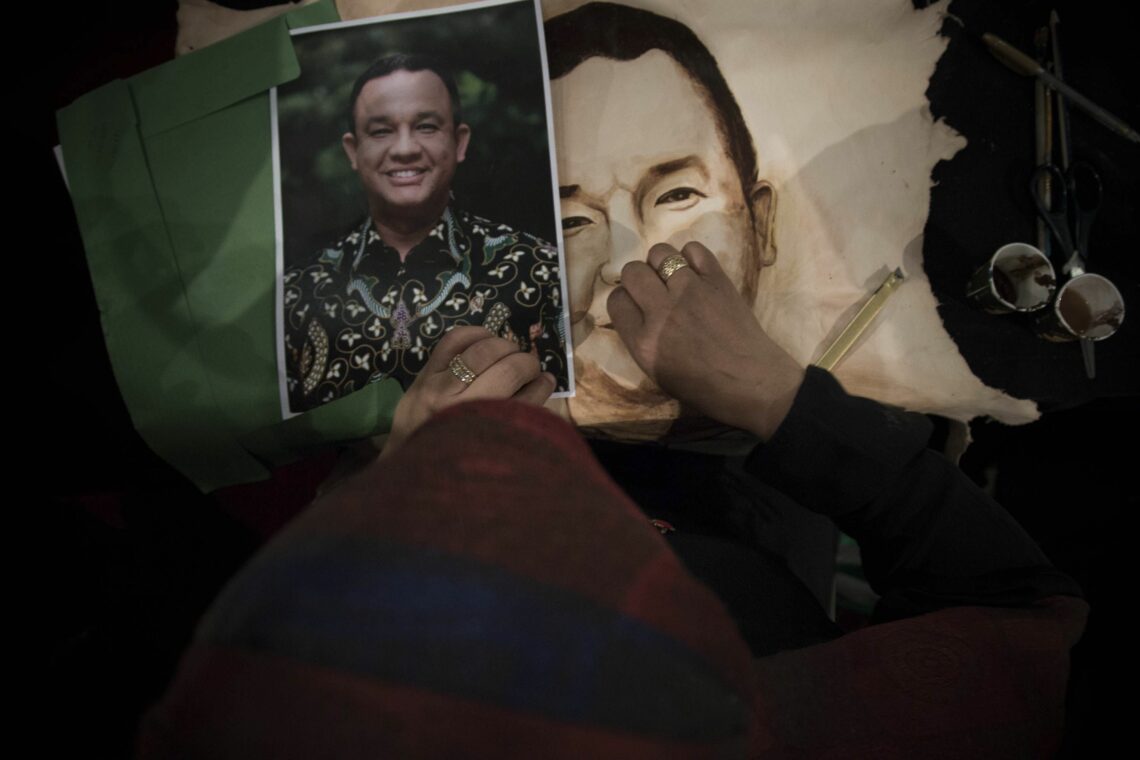
KAMI, in its formation statement, made eight demands, including “seriously tackling the Covid-19 pandemic,” stopping the “criminalization of political opponents,” fighting “corruption, collusion and nepotism,” preventing the return of communism, and urging the president to uphold his oath to “save the country and its people.”
One of its prime movers, Professor Din Syamsuddin, was reported by the Indonesian media as saying that KAMI was formed “because all its founders felt that the country had strayed from its founding principles.” Another KAMI leader, speaking to this author, said that “If Jokowi pays heed to KAMI’s demands, he can last his full term up to 2024. If not, he may face the same fate as Suharto, and his leadership may end in 2021.”
Scenarios
Jokowi is a leader who could be easily misread. When he became president in 2014, many expected him to be weak and hesitant. Insiders say this is far from the Jokowi they know as president. His decisiveness emerged in his later years when, displeased with the sluggish pace of the government’s response to the Covid-19 pandemic, he threatened to sack underperforming ministers, close down weak agencies or force a cabinet reshuffle. He then acted on his words by dropping six ministers in December 2020.
But if the president feels pressured to deliver during his second term, it is not just because of his underperforming ministers. Critics say his own leadership style is not helping either. While he is the go-getter president that Indonesia needs, he is not a visionary leader – a quality vital for rallying the vast country toward a common direction.
Jokowi is an unorthodox leader and the first post-Reformasi who comes from neither the military nor the political elite, the traditional sources of national leadership. But in 2020, his approval rating remained stable, at about 60 percent, despite the turmoil of the pandemic. His success or failure as president will influence the course of the post-Reformasi era.
